"Kosovo recognition not condition for EU"
UK Ambassador Stephen Wordsworth says recognition of Kosovo independence isn't a condition for Serbian EU accession, because the EU isn't united on the issue.
Tuesday, 24.06.2008.
15:06

UK Ambassador Stephen Wordsworth says recognition of Kosovo independence isn't a condition for Serbian EU accession, because the EU isn't united on the issue. “Twenty EU members recognize Kosovo, seven do not and have no plans of doing so, at least not soon, so we cannot ask Serbia to do more than any other members are prepared to do,” Wordsworth told Tanjug in an interview. "Kosovo recognition not condition for EU" “Serbia will be expected, however, to find a practical way to cooperate with the EU and its mission to Kosovo,” the ambassador said, adding that Serbia's stand on Kosovo had to be taken into account. He said that despite disagreements over Kosovo's status it was necessary to find a way to establish cooperation on the resolution of practical issues to improve people's lives. The British diplomat said that last week's UN Security Council session on Secretary-General Ban Ki-moon's proposal for UNMIK reconfiguration had been important, because Ban's proposal had received the support of most Security Council members. “The UN Mission will remain in Kosovo in line with Resolution 1244, but its nature will change. The EU in Brussels has reaffirmed its intention to deploy its mission,” Wordsworth said, stressing that the goal of EULEX was to help apply the rule of law in Kosovo, which was very important for minorities. The ambassador said that the dilemma between Russia and the EU that was sometimes presented in the Serbian media, was false, as Belgrade did not have to choose between the two. “All EU states want good relations with Russia, and it’s natural for Serbia to have good relations both with Russia and the EU,” he pointed out, stating that his Russian colleagues frequently said that they supported Serbia’s EU integration process, as well as that of other countries in the region. “NATO’s a different matter, and the decision to join NATO is something the next Belgrade government will have to consider. Russia is concerned by NATO expansion,” Wordsworth said, while dismissing the need for any such concern, as NATO membership created possibilities for security structures to modernize and be restructured in a financially acceptable manner, and be brought under civil control. “If Serbia wants it, the offer is on the table, and it’s up to her to decide,” said the ambassador. He positively assessed the possibilities of the formation of a coalition government between “For a European Serbia” and the coalition grouped round the Socialist Party of Serbia. “As far as I know, that group believes that Serbia should take the path of European integration. We’ll support that, both practically and politically, as best we can,” Wordsworth said. However, the ambassador pointed out that before the Stabilization and Association Agreement (SAA) could be applied, full Hague cooperation had to be achieved. Asked whether he felt that application should begin regardless, he repeated that the condition for Serbia was “full cooperation” that would be decided on by Hague Chief Prosecutor Serge Brammertz. “Once a new government is formed in Belgrade, I expect Brammertz to meet with its representatives, and the question is whether he will come away with the impression that the new government is doing all it can. He will present his views to the EU, which will take a decision on that basis,” said Wordsworth, adding that “it should be borne in mind that all 27 member-states need to agree over that decision.” Stephen Wordsworth (Tanjug)
"Kosovo recognition not condition for EU"
“Serbia will be expected, however, to find a practical way to cooperate with the EU and its mission to Kosovo,” the ambassador said, adding that Serbia's stand on Kosovo had to be taken into account.He said that despite disagreements over Kosovo's status it was necessary to find a way to establish cooperation on the resolution of practical issues to improve people's lives.
The British diplomat said that last week's UN Security Council session on Secretary-General Ban Ki-moon's proposal for UNMIK reconfiguration had been important, because Ban's proposal had received the support of most Security Council members.
“The UN Mission will remain in Kosovo in line with Resolution 1244, but its nature will change. The EU in Brussels has reaffirmed its intention to deploy its mission,” Wordsworth said, stressing that the goal of EULEX was to help apply the rule of law in Kosovo, which was very important for minorities.
The ambassador said that the dilemma between Russia and the EU that was sometimes presented in the Serbian media, was false, as Belgrade did not have to choose between the two.
“All EU states want good relations with Russia, and it’s natural for Serbia to have good relations both with Russia and the EU,” he pointed out, stating that his Russian colleagues frequently said that they supported Serbia’s EU integration process, as well as that of other countries in the region.
“NATO’s a different matter, and the decision to join NATO is something the next Belgrade government will have to consider. Russia is concerned by NATO expansion,” Wordsworth said, while dismissing the need for any such concern, as NATO membership created possibilities for security structures to modernize and be restructured in a financially acceptable manner, and be brought under civil control.
“If Serbia wants it, the offer is on the table, and it’s up to her to decide,” said the ambassador.
He positively assessed the possibilities of the formation of a coalition government between “For a European Serbia” and the coalition grouped round the Socialist Party of Serbia.
“As far as I know, that group believes that Serbia should take the path of European integration. We’ll support that, both practically and politically, as best we can,” Wordsworth said.
However, the ambassador pointed out that before the Stabilization and Association Agreement (SAA) could be applied, full Hague cooperation had to be achieved.
Asked whether he felt that application should begin regardless, he repeated that the condition for Serbia was “full cooperation” that would be decided on by Hague Chief Prosecutor Serge Brammertz.
“Once a new government is formed in Belgrade, I expect Brammertz to meet with its representatives, and the question is whether he will come away with the impression that the new government is doing all it can. He will present his views to the EU, which will take a decision on that basis,” said Wordsworth, adding that “it should be borne in mind that all 27 member-states need to agree over that decision.”










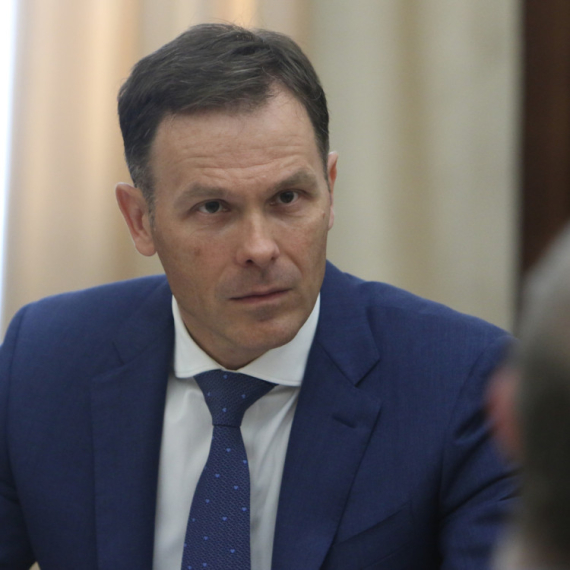

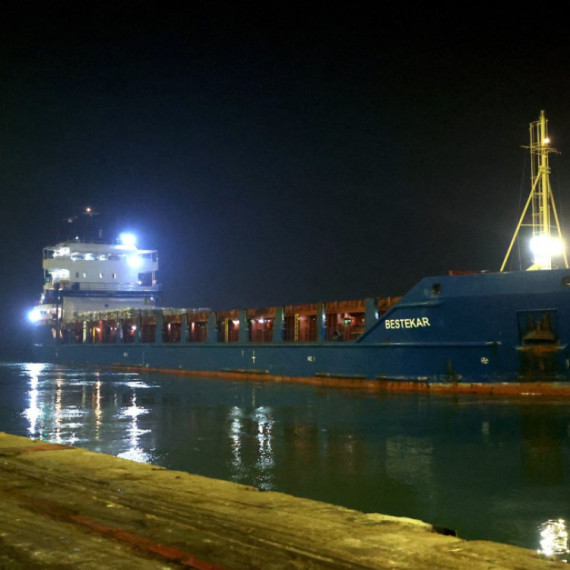
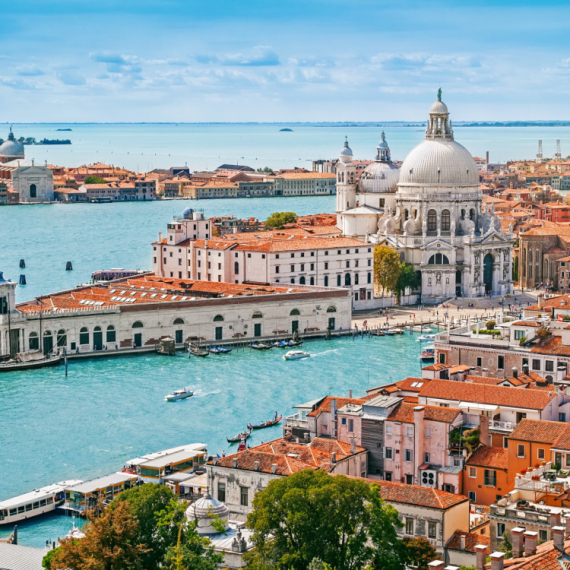



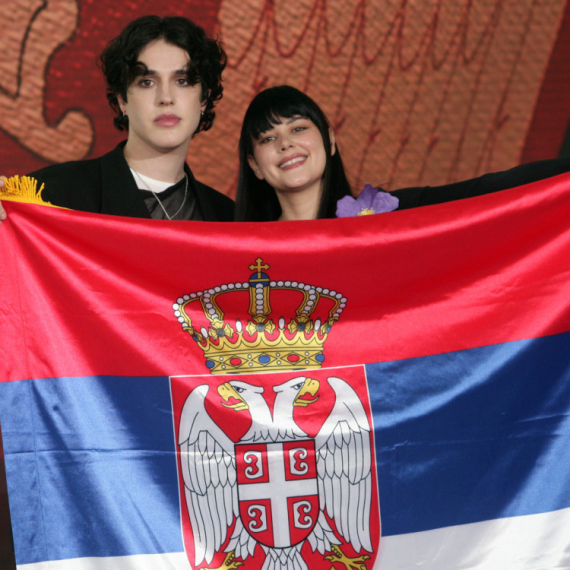
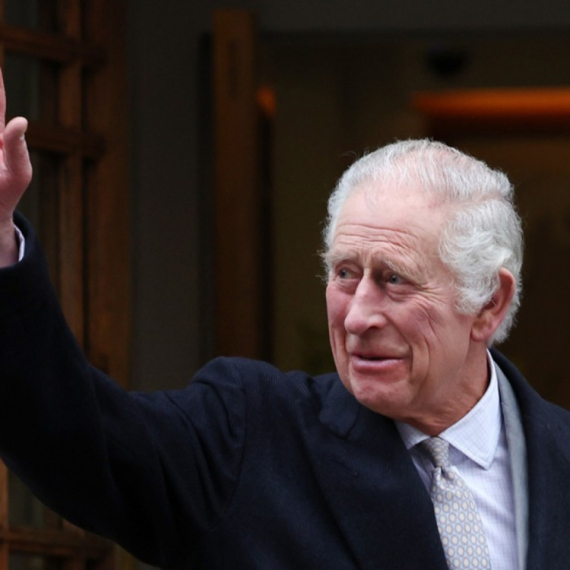
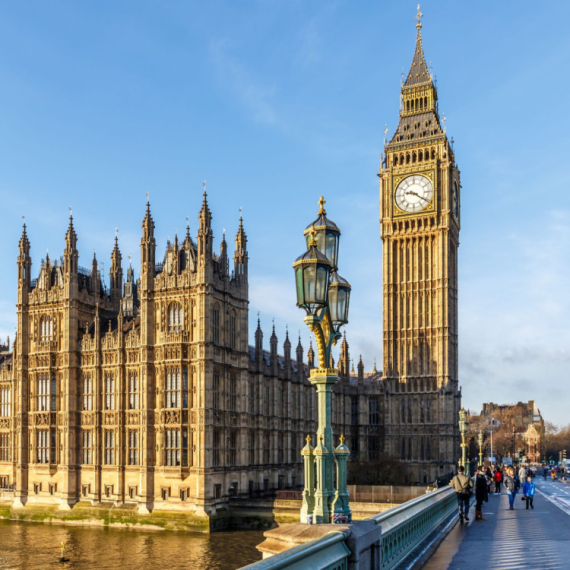
















Komentari 10
Pogledaj komentare